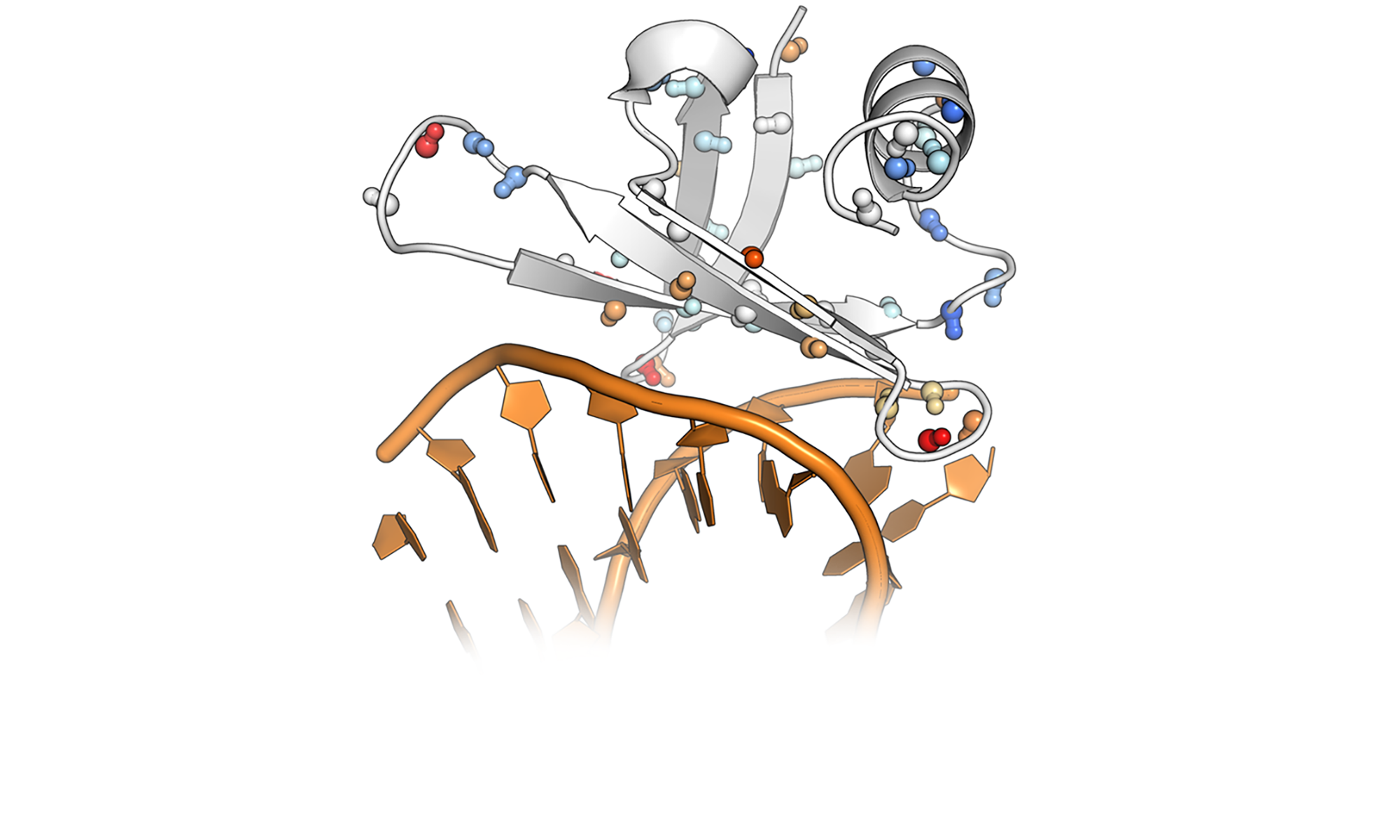At SBL, we carry out research projects funded by the National Health System, the Ministry of University and Research, and Pharma Companies.
Soft Tissue Sarcomas
Soft Tissue Sarcomas (STSs) are rare malignancies arising from tissues of mesenchymal origin. Despite improved survival in the last decades, soft tissue sarcomas are still characterized by high mortality. Correct diagnosis is still challenging since more than 40% of the first histological responses are modified at the second reading, possibly resulting in different treatment decisions. The aim of our research is the molecular signature characterization of primary STSs, based on a combined analysis of genomic, proteomic and metabolomic studies on liquid biopsies, looking for selective circulating biomarkers related to different aggressiveness and phases of the disease. The aim is to improve the diagnosis of these tumours and open the way for innovative patient-specific therapies. At the present stage, nuclear magnetic resonance metabolomic profiling of serum samples is delineating a set of small molecules, hardly detectable for other techniques, working as biomarkers for patients’ stratification into soft tissue sarcoma subtypes and disease progression.
Tumour microenvironment
Although tumorigenesis has classically been regarded as a genetic disease of uncontrolled cell growth, the importance of the tumour microenvironment (TME) is continuously emphasized by the accumulating evidence that cancer growth is not simply dependent on the cancer cells themselves but also dependent on angiogenesis, inflammation, and the supporting roles of other cells such as tumour-associated macrophages (TAMs), cancer-associated fibroblasts (CAFs) and others. The complexity of TME requires a new generation of in-vitro models for studying the interplay between the many cell types. We are developing a novel NMR technique for studying the metabolic cross-talk in the TME by in vitro models capable of reproducing the three-dimensional growth of cells in co-culture with associated cells, monitoring the dynamics of metabolites concentration changes, and reproducing the response to nutrients, mediators, and drugs.
Breast cancer
Triple-Negative Breast Cancer (TNBC) is a subtype of breast cancer that is characterized by the absence of three specific receptors: estrogen receptors (ER), progesterone receptors (PR), and human epidermal growth factor receptor 2 (HER2). TNBC accounts for about 10-20% of all breast cancer cases. It tends to occur more frequently in younger women, leading to a poorer prognosis than in patients with other breast cancer subtypes. Triple Negative Breast Cancer health disparities are associated, among others, with Y-box binding protein 1 (YB-1). YB-1 human oncoprotein is a multifunctional protein regulating cell proliferation, embryonic development and stress response. We investigate the molecular mechanism correlating YB-1 and other genes in TNBC cell models via NMR observation of intracellular metabolites and proteins, aiming to provide new therapeutics targets for this malignance.
Alkaptonuria
Alkaptonuria (AKU) is an ultra-rare metabolic disease caused by the accumulation of homogentisic acid (HGA), an intermediate product of phenylalanine and tyrosine degradation. In AKU patients, homogentisate-1,2-dioxygenase (HGD) gene variants reduce enzyme activity, causing an accumulation of HGA and an ochronotic pigment to develop. While research is usually focused on the metabolic route of HGA degradation via 4-hydroxyphenylpyruvate (the transamination route), our untargeted NMR investigation has highlighted the involvement of a parallel route involving leading to 4-hydroxyphenylacetate via tyramine (the decarboxylation route), opening the way to new biomarkers for the molecular signature of AKU. We are also investigating the chemical structure of the ochoronotic pigment by nuclear magnetic resonance, mass spectrometry and other physical techniques. In particular, unravelling the intermediate species in the HGA transformation process would provide targets for new therapies to disrupt dark pigment development.
Research with MAGI
SBL carries joint research project with MAGI, a healthcare company involved in research, diagnosis and treatment of genetic diseases. The focus is on X-linked retinitis pigmentosa, lipedema, fat and obesity.

